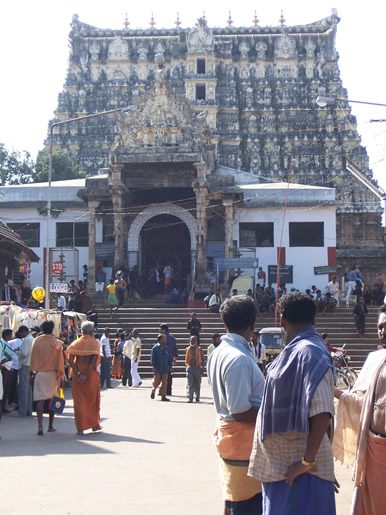The Harvard School of Public Health will be offering two courses for students to travel to South Asia in January.
Deadline to apply: Friday, September 19, 11:59 PM
Application available via the GHP Field Trip iSite.
Note: These courses are open to all Harvard students, although HSPH students are given priority.Once their application is submitted, applicants will have the opportunity to apply for funding through a SAI Winter Grant.
GHP 298: Field Trip to India
January 5-23, 2015
Richard A. Cash, MD, MPH
The purpose of this course is to expose public health students and practitioners to the issue of Non-communicable Diseases (NCDs) in low- and middle-income countries (LMICs) and to examine the potential policy and programmatic responses that can stem the rising trend of NCDs in LMICs, where most of the global NCD related morbidity, mortality and disability currently occurs. The course includes field visits to various institutions that are dealing with NCDs in India, comprising both governmental and non-governmental organizations as well as community and institution-based health organizations. In addition, participants also have a field visit to community-based NCD project sites to learn about innovative implementation research strategies to address NCDs. Faculty is comprised of PHFI, GOI, WHO, NGO’s, World Bank and others.
“Non-Communicable Disease Prevention and Control”
Course at the Public Health Foundation of India (PHFI), Delhi
Click for full schedule and details (PDF).
 GHP 540 Field Trip to Bangladesh
GHP 540 Field Trip to Bangladesh
January 5 – 23, 2015
Focus on Climate Change
On Site Course Leader: M. Omar Rahman, MD,MPH,DSc, Harvard University
Students will have the opportunity to study public health issues at three different institutions: Independent University, Bangladesh (IUB), the James P Grant School of Public Health (JPGSPH) at BRAC University, and the International Centre for Diarrheal Disease Research (ICDDR,B). All these institutions have had an excellent record of innovative, cutting edge public health research and practice. BRAC is the world’s largest NGO (and ranked #1) and the ICDDR,B is one of the premier research institutions in the developing world renowned for its demographic surveillance system in Matlab and applied research including the development of ORT.
In Bangladesh there will also be a comprehensive orientation to introduce students to health and development in the Bangladesh context conducted by Professor Omar Rahman, former Associate Professor of Epidemiology at HSPH and currently Vice Chancellor and Dean of the School of Public Health at Independent University, Bangladesh (IUB). Based at IUB, the International Centre for Climate Change and Development’s (ICCCD) aim is to develop a world-class institution that is closely related to locate experience, knowledge, and research in one of the countries that is most affected by climate change.
ICCCD has had approximately 60 students from a wide range of countries and institutions including the US, UK, France, Sweden, and Germany. ICCCD has developed a web portal (The Communications and Knowledge Management Programme) for research on climate change in Bangladesh, with frequent updates including blogs and articles. The website has a large network of alumni from courses and programs, coordinates the Asia Pacific Forum (L&D) hosted on Asia Pacific Adaptation Network, and publishes articles, policy briefs, and papers.
The Centre has designed and established a field program in the south of Bangladesh through which researchers and interested individuals can visit climate change affected sites. They can learn about how local communities are trying to adapt to the detrimental changes brought on by climate change. The impacts of climate change are varied and as a result affect people’s livelihoods and health, amongst other things.

